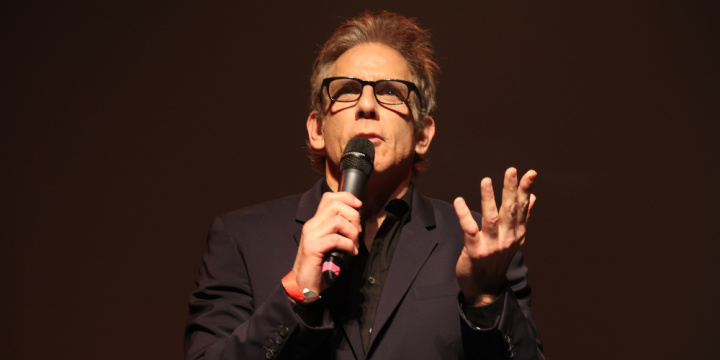Ben Stiller, the acclaimed actor and public advocate for refugees, has opened up about the Israel-Hamas conflict in a heartfelt opinion essay published by Time magazine. In the essay, Stiller addresses the complexities of the war, the rise of antisemitism, and his call for global peace. This article delves into his perspective, his advocacy for refugees, and his thoughts on the need for an end to human suffering.

The Israel-Hamas Conflict: Stiller’s Perspective
A Complex and Nuanced Issue
Stiller begins by acknowledging the intricate nature of the Israel-Hamas conflict. “The issues we are dealing with are so nuanced and complicated that short statements cannot in any way express fully what I want to say from my heart,” he writes. His essay aims to convey his deep and multifaceted feelings about the war and its broader implications.
The Impact of the October 7 Attack
The actor’s reflection comes more than nine months after the Hamas-led terrorist attack on Israel on October 7. Stiller describes the attack as barbaric and expresses profound grief for the victims. “My heart aches for the families who lost loved ones to this heinous act of terrorism and for those anxiously waiting these long months for the return of the hostages still in captivity. It’s a nightmare,” he shares.
Advocacy and Conscience
Struggling with Silence
Stiller, who has been a public advocate for refugees for several years, admits that he has struggled with his silence on the matter. “Saying nothing at this point feels like I am betraying my conscience,” he writes. This inner conflict highlights the challenges faced by public figures in addressing highly sensitive and polarizing issues.
A Call for Peace
Despite his detestation of war, Stiller condemns Hamas’s actions unequivocally. “I detest war, but what Hamas did was unconscionable and reprehensible. The hostages have to be freed. Terrorism must be named and fought by all people of conscience on the planet. There is no excuse for it under any circumstances,” he asserts.
Stiller’s Vision for Peace
Support for Israel and a Two-State Solution
Stiller expresses his support for the Israeli people’s right to live in peace and safety, but he also acknowledges the complexity of the Israeli government’s decisions. “I want the violence to end, and the innocent Palestinian people affected by the humanitarian crisis that has resulted to receive the lifesaving aid they need. And I know that many in Israel share this sentiment,” he writes. Stiller advocates for a two-state solution, ensuring peace and safety for both Israelis and Palestinians.
Condemning Antisemitism and Bigotry
Stiller highlights the troubling rise in antisemitism since the start of the Israel-Hamas war. He has witnessed a “troubling conflation in criticism of the actions of the Israeli government with denunciations of all Israelis and Jewish people,” leading to an undeniable increase in global antisemitism. He calls for the condemnation of antisemitism, Islamophobia, and all forms of bigotry.
The Broader Context of Global Conflicts
Human Suffering and Displacement
Stiller places the Israel-Hamas conflict within the broader context of global conflicts and human suffering. “As I write this, there are about 120 million people all over the world who have been displaced by conflicts. In the Middle East, in Ukraine, Sudan, and many other countries. They all deserve to live in safety and peace,” he states. His advocacy for displaced people underscores his commitment to addressing global humanitarian crises.
A Plea for Peace
In conclusion, Stiller emphasizes the need for global peace. “The human suffering must end. We must demand this of our leaders. Peace is the only path,” he writes. His message is a poignant reminder of the urgent need for a collective commitment to ending conflict and fostering peace worldwide.




